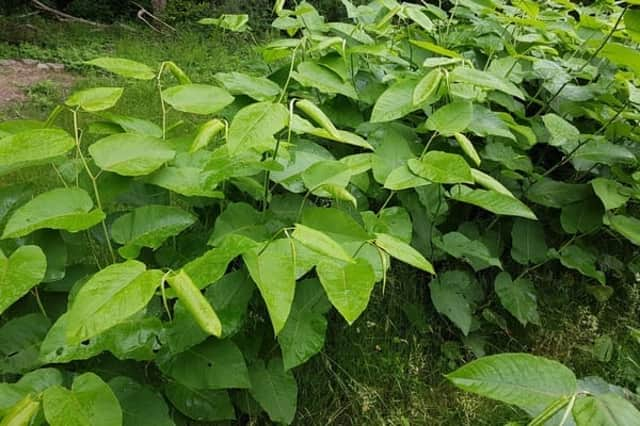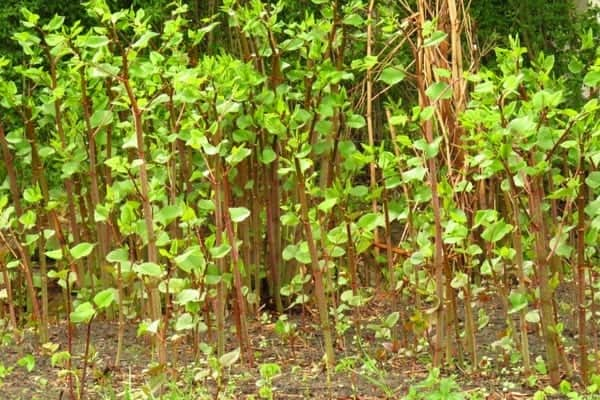Homeowners could see their property value increase after rule overhaul on Japanese knotweed


Homeowners who are struggling to sell their property or get a mortgage because of Japanese knotweed could soon be granted some relief, as financial firms plan to overhaul how they treat the plant.
Knotweed can be notoriously difficult to get rid of and is believed to pose a threat to the foundations of houses.
Advertisement
Hide AdAdvertisement
Hide Ad'Overly cautious'


Japanese knotweed (Fallopia japonica) was introduced to the UK in the 19th century to hide railway embankments.
It has since spread, blocking drains, cracking tarmac and threatening the foundations of houses - and impacting property prices as a result.
Heavy-duty weed killers or excavations are often required to get rid of the stubborn plant.
Properties affected by knotweed currently face restricted mortgage choices and homeowners can struggle to sell, even in cases where the plant poses no practical threat.
Advertisement
Hide AdAdvertisement
Hide AdHowever, a new report from Parliament's Science and Technology Committee said that UK mortgage lenders have taken an "overly cautious" approach to the plant and advised changes should be made to update the rules surrounding it.
Changing rules
Mortgage lenders often require evidence that a treatment programme is in place to control the growth of Japanese knotweed, resulting in added expenditure and difficulty for sellers.
But the latest research suggests that the physical damage to a property from Japanese knotweed is "no greater than that of other disruptive plants and trees that are not subject to the same controls, and do not have such a substantial 'chilling' effect on the sale of a property".
It advised information on the plant should still be included on a seller's property information form, but it shouldn’t be such an important factor when it comes to mortgage lending decisions.
Advertisement
Hide AdAdvertisement
Hide AdMortgage lenders often require evidence that a treatment programme is in place to control knotweed growth (Photo: Shutterstock)
The report said: "A significant industry is built around controlling Japanese knotweed, but we were told that mortgage lenders in other countries do not treat the plant with the same degree of caution.
"This gives us reason to believe that the UK has taken an overly cautious approach to this plant, and that a more measured and evidence-based approach is needed to ensure that the impact is proportionate to the physical effects of the plant on the built environment."
Lacking scientific evidence
The report also said that the 'seven metre proximity rule' (the measurement which is used to decide mortgages) is being used by some lenders as a "blunt instrument", and does not reflect the latest scientific evidence.
Advertisement
Hide AdAdvertisement
Hide AdThe rule was proposed in 2012 by the Royal Institution of Chartered Surveyors, but has since been ditched because it lacks a solid evidence base.
Research suggests the plant actually rarely travels more than four metres.
The committee recommended that the Department for Environment, Food and Rural Affairs commissions a study of international approaches to Japanese knotweed in the context of property sales to get more information on the issue.